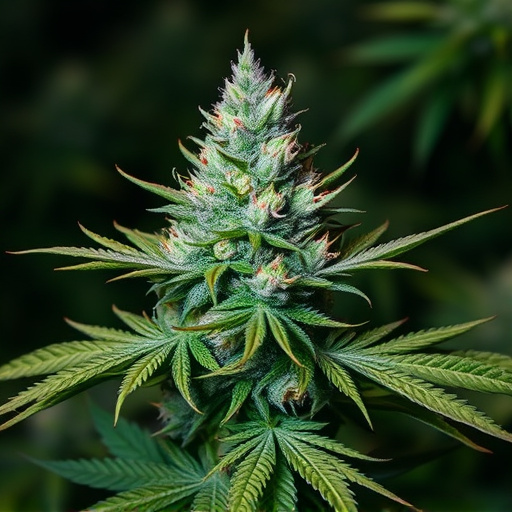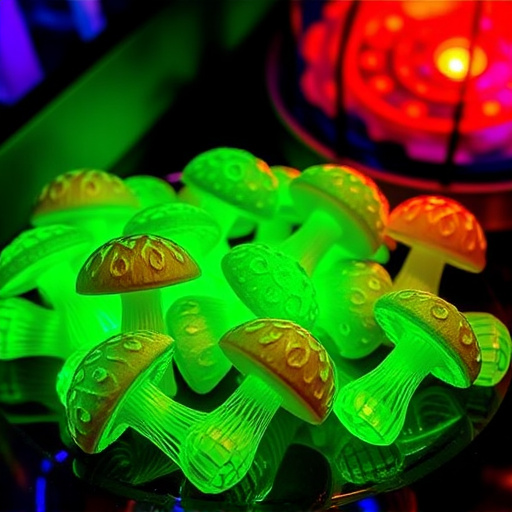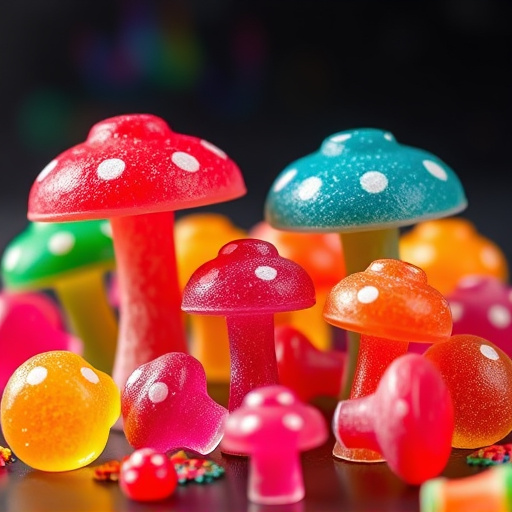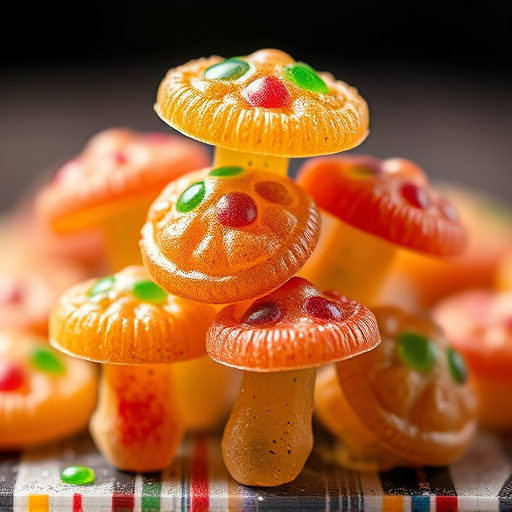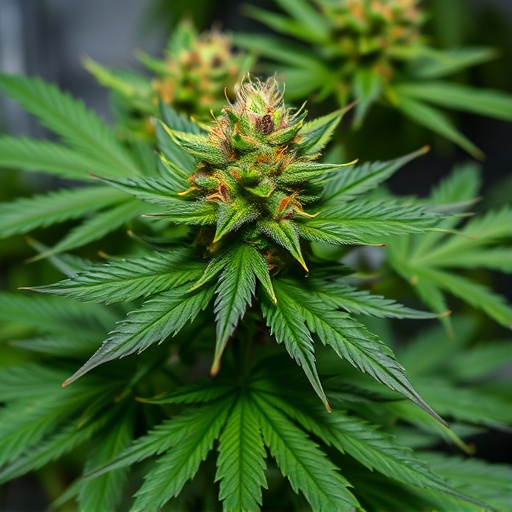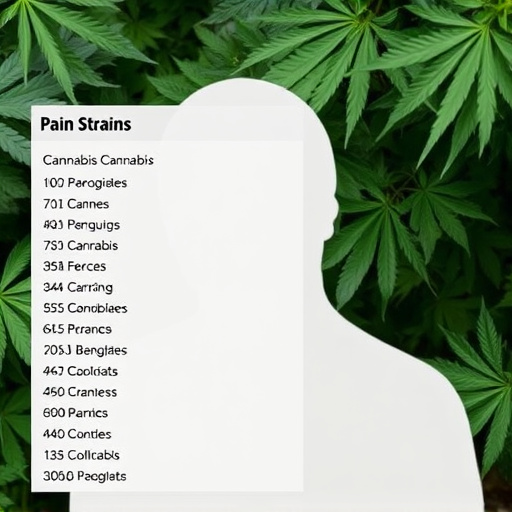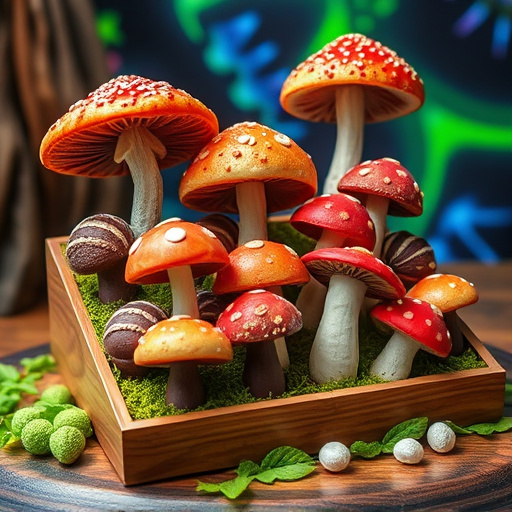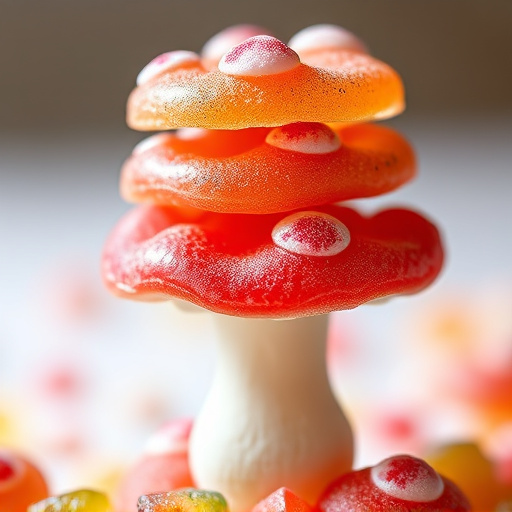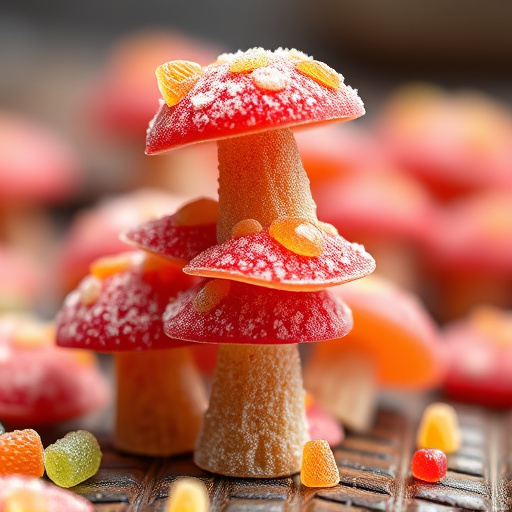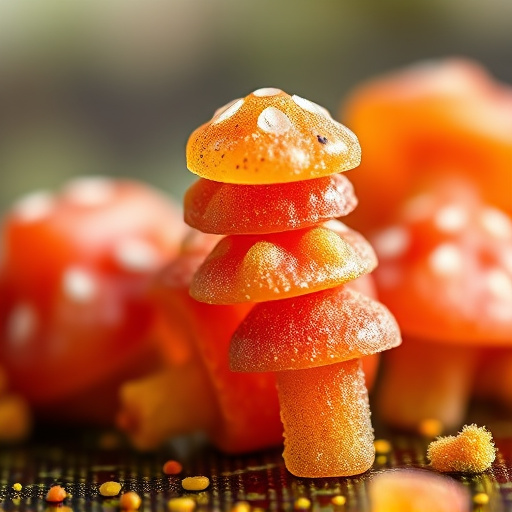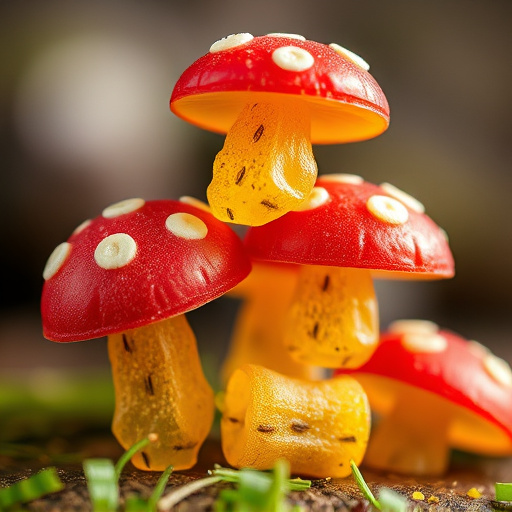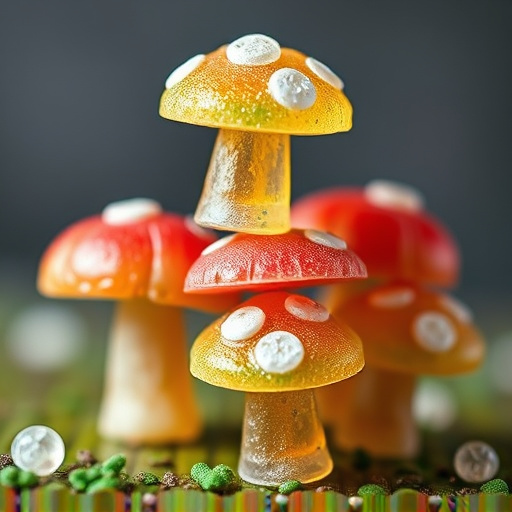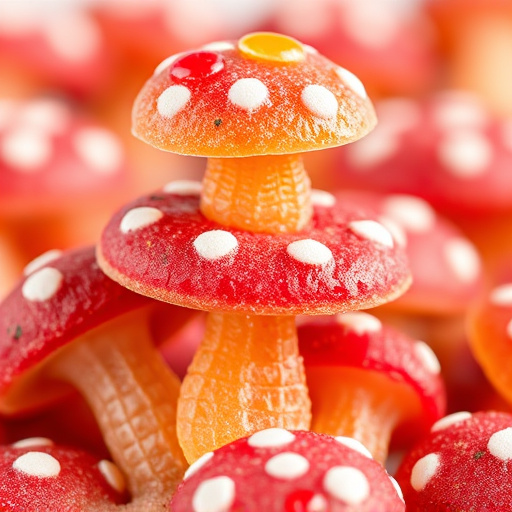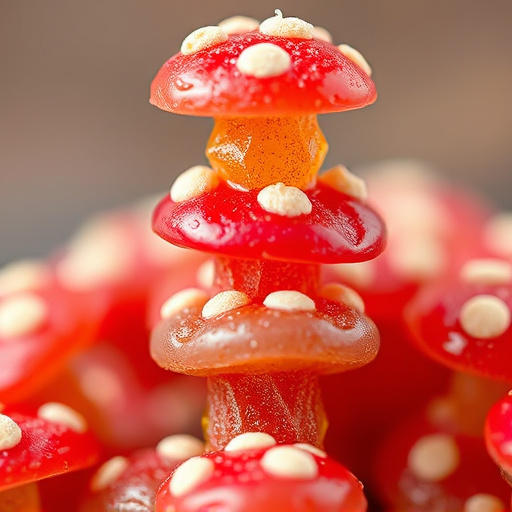The legal status of magic mushroom gummies, edible candies infused with psychedelic mushrooms, varies globally due to a complex interplay of public perception, scientific research, and regulatory frameworks. While some regions have legalized them for medical and recreational use, others maintain strict restrictions or bans. Consumers must stay informed about local regulations and consider ethical implications given the evolving nature of psychedelic research and policy changes, as these gummies can lead to unpredictable psychedelic "trips" with potential benefits and risks.
“Discover the captivating world of Magic Mushroom Gummies and their rising popularity in today’s market. This comprehensive guide explores the intersection of traditional mushrooms and modern edibles, delving into ‘Understanding Magic Mushroom Gummies’. We navigate the global legal landscape surrounding their use, highlighting varying regulations in different regions. Furthermore, this article unravels the effects one can anticipate from consuming these innovative gummies, providing insights for both curious minds and those seeking alternative wellness solutions.”
- Understanding Magic Mushroom Gummies: A Comprehensive Overview
- The Legal Landscape of Magic Mushroom Gummies Worldwide
- Exploring the Effects: What to Expect from Consuming Magic Mushroom Gummies
Understanding Magic Mushroom Gummies: A Comprehensive Overview
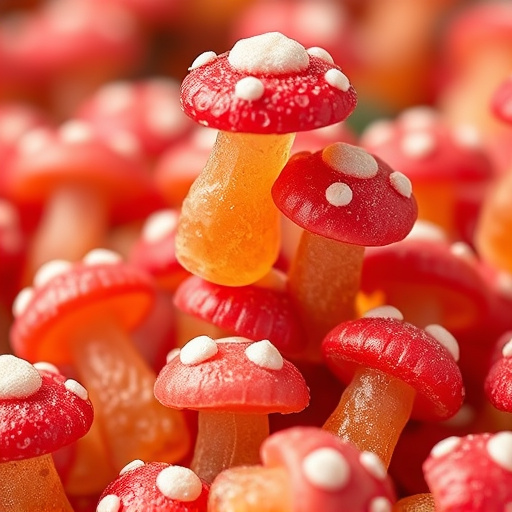
Magic mushroom gummies are a modern interpretation of traditional psychedelic mushrooms, infused into edible gummy candy. They offer a convenient and often appealing way to experience the effects of psilocybin, the active compound found in certain species of mushrooms. Understanding their legal status is crucial when considering their use. The legality of magic mushroom gummies varies significantly worldwide, with some countries and regions embracing a more liberal approach while others maintain strict controls. In recent years, there has been a growing trend towards decriminalization and medical recognition of psilocybin-containing products, including gummies. This shift is driven by increasing research into their therapeutic potential for treating conditions like depression, anxiety, and post-traumatic stress disorder (PTSD).
However, it’s essential to recognize that laws and regulations are dynamic, with public perception and scientific insights playing significant roles in shaping them. In many places, magic mushroom gummies remain classified as Schedule I controlled substances, alongside more well-known drugs like heroin and LSD. This classification often indicates a high potential for abuse and no accepted medical use. Despite this, the evolving nature of psychedelic research is leading to policy changes that reflect a more nuanced understanding of these compounds. As such, individuals interested in exploring magic mushroom gummies should stay informed about local laws and consider the ethical and personal implications before consumption.
The Legal Landscape of Magic Mushroom Gummies Worldwide
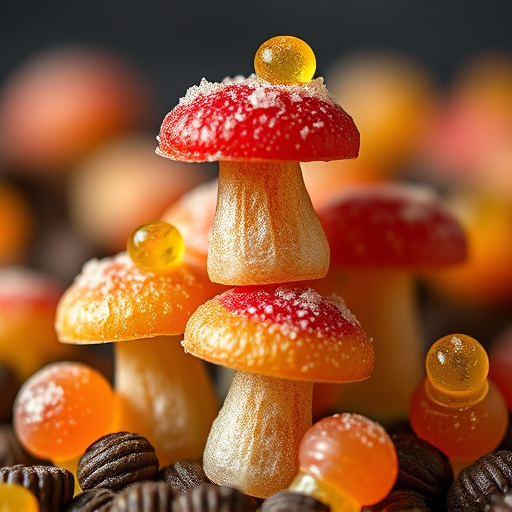
The legal landscape of magic mushroom gummies varies drastically across the globe, reflecting a complex interplay between cultural perceptions, scientific research, and regulatory frameworks. In some countries, these products are fully legalized for both medical and recreational use, with strict quality controls in place to ensure safety. For instance, countries like Canada, the United States (in certain states), and several European nations have taken strides towards legitimizing magic mushroom-derived products, recognizing their potential therapeutic benefits while implementing measures to prevent misuse.
Conversely, other regions maintain stringent restrictions or outright ban the production, sale, and possession of magic mushroom gummies. These countries often cite concerns over public safety, mental health risks, and the lack of substantial scientific evidence supporting their therapeutic claims as primary reasons for their conservative stances. Such legal disparities underscore the ongoing debate surrounding the regulation of psilocybin-containing products, highlighting the need for standardized global guidelines to balance accessibility with responsible oversight.
Exploring the Effects: What to Expect from Consuming Magic Mushroom Gummies
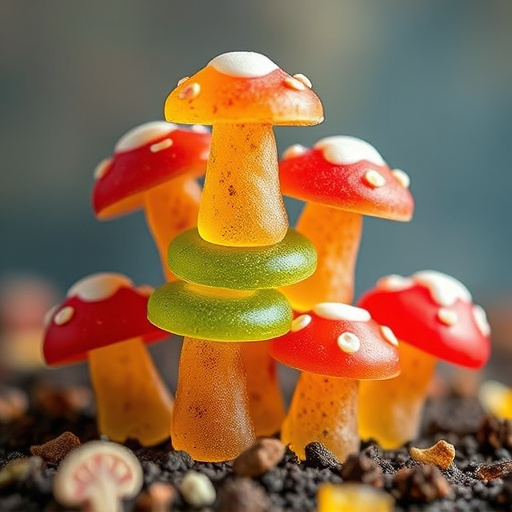
Exploring the Effects: What to Expect from Consuming Magic Mushroom Gummies
Magic mushroom gummies, despite their delightful candy-like appearance, are not your average treats. They contain psilocybin, a compound known for its psychedelic effects when consumed. The legal status of magic mushroom gummies varies globally; some countries have legalized them for both medicinal and recreational use, while others strictly regulate or prohibit them. This variability underscores the ongoing debate surrounding their safety and potential therapeutic benefits.
Consuming magic mushroom gummies can induce a range of experiences, often referred to as a “trip.” These effects may include altered perceptions, heightened senses, and profound emotional experiences. Users frequently report feeling a deep connection with nature, increased creativity, and enhanced self-awareness. However, it’s crucial to be aware that these trips are unpredictable, and individual responses can vary greatly depending on factors like dosage, setting, and personal mindset. Safety is paramount, and it’s essential to approach magic mushroom gummies with respect and caution, especially in jurisdictions where their use remains regulated or illegal.
In light of the above discussions, it’s clear that magic mushroom gummies have garnered significant interest due to their potential therapeutic effects. However, understanding their legality, as outlined in the global legal landscape section, is crucial before consumption. The effects vary among individuals, and while many report positive experiences, more research is needed. As we navigate this evolving space, staying informed about both the benefits and risks is essential, especially with the growing availability of these products.

